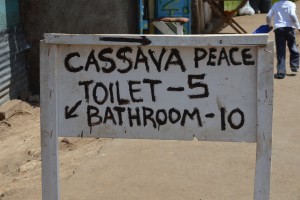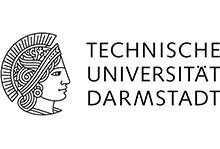Behind statements and statistics about newly-urbanized populations in Africa, behind maps of rapid and unregulated growth and numerous disaster/risk assessments, there are real people with compelling tales of coping and adapting capacities to urban challenges brought by the rapid transformation of cities. Their stories often contain more hope, ambition and imagination as portrayed in reports and scientific publications. Their ability to bounce back despite disadvantageous ecological, economic and political settings implies a new form of normality framed outside traditional city development models.
ACTUS is concerned in particular with everyday experiences of solid waste and sanitation among communities growing in peri-urban areas to discern the interdependences between urban infrastructure, pro-poor growth and climate hazards. In ACTUS, I place a particular focus on local processes of adaptation and self-organization to cope with increasing flooding impacts in East Africa. By means of a qualitative case study design, I will deal with selected peri-urban areas in Tanzania comparing their findings with a reference case in Kenya.
The project is designed to run complementary to the PhD program on ‘Urban Infrastructure in Transition: The case of African cities’ of the Graduate School of Urban Studies at TU Darmstadt. ACTUS includes an initial outgoing phase of 24 months at Ardhi University at the Institute for Human Settlements Studies (IHSS).
Funding: H2020 Marie Skłodowska-Curie Individual Global Fellowship, European Commission
Project duration 01/2016–12/2018
Countries:
Kenya, Tanzania
Web:
http:/ www.actus.wastestudies.com
![kib slum[1]](https://afrikaforschung-rheinmain.de/wp-content/uploads/2016/04/kib-slum1-300x169.jpg)


